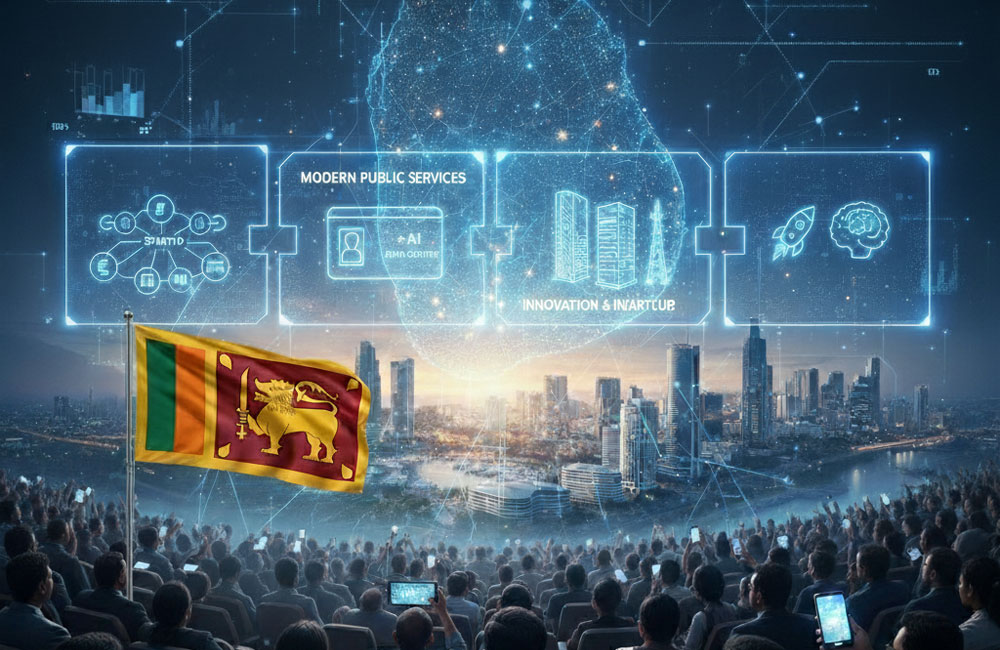Sri Lanka’s 2026 Budget has placed the country’s digital transformation at the centre of its economic recovery strategy, with the government pledging Rs. 35.6 billion (US$120 million) to modernise public services, strengthen digital infrastructure and establish the foundations of a competitive digital economy.
The investment marks one of the most ambitious technology-focused commitments made in recent years as the country attempts to boost efficiency, attract investment and expand digital access nationwide.
President and Finance Minister Anura Kumara Dissanayake said the multi-layered programme aims to ensure that digital inclusion reaches every part of the country, positioning Sri Lanka to emerge as a regional hub for data-driven services.
He stressed that the development of data centres will be a top priority, noting that creating an investor-friendly environment will be essential in drawing foreign and local participation.
Incentives such as concessional land, green-energy promotion and low-cost electricity during the initial years of operation will form part of the government’s strategy to strengthen investor confidence.
As an initial step, the government has allocated Rs. 500 million for 2026 to lay the groundwork for data centre development.
To further accelerate digital infrastructure rollout, a simplified and faster approval process for constructing communication towers will be implemented. All new towers built under this programme will qualify for a five-year tax exemption, a move expected to reduce costs and encourage network expansion.
Supporting innovation is another major focus. A new startup fund, backed by an initial allocation of Rs. 1.5 billion under the Ministry of Digital Economy, will be launched next year to provide financial and technical support to emerging entrepreneurs.
The government also plans to introduce “Virtual Special Economic Zones” through the Board of Investment, designed to function as digitally enabled export hubs aimed at generating employment and high-value services.
One of the most significant milestones in the digitalisation programme will be the rollout of the country’s first digital National Identity Card early next year.
The initiative forms part of the broader integration of the Electronic National Identity Card (e-NIC) with the Unique Digital ID (SL-UDI) system, a combined framework for secure personal identification.
Five Indian firms were recently shortlisted to operate the digital ID system, signalling progress in procurement and implementation.
The budget also allocates Rs. 750 million towards establishing an AI data centre to strengthen domestic capabilities in emerging technologies. In parallel, all government transactions will shift to digital payment systems, with service fees and QR charges for payments below Rs. 5,000—waived to encourage public adoption.
Additional measures include tax waivers for private-sector investments in expanding internet coverage, broadband vouchers to support online learning for children, and the development or reactivation of IT zones to bolster the broader technology ecosystem.
Together, these initiatives underscore the government’s intent to fast-track Sri Lanka’s digital transition and leverage technology as a key driver of economic growth in the years ahead.

Leave your comments
Login to post a comment
Post comment as a guest